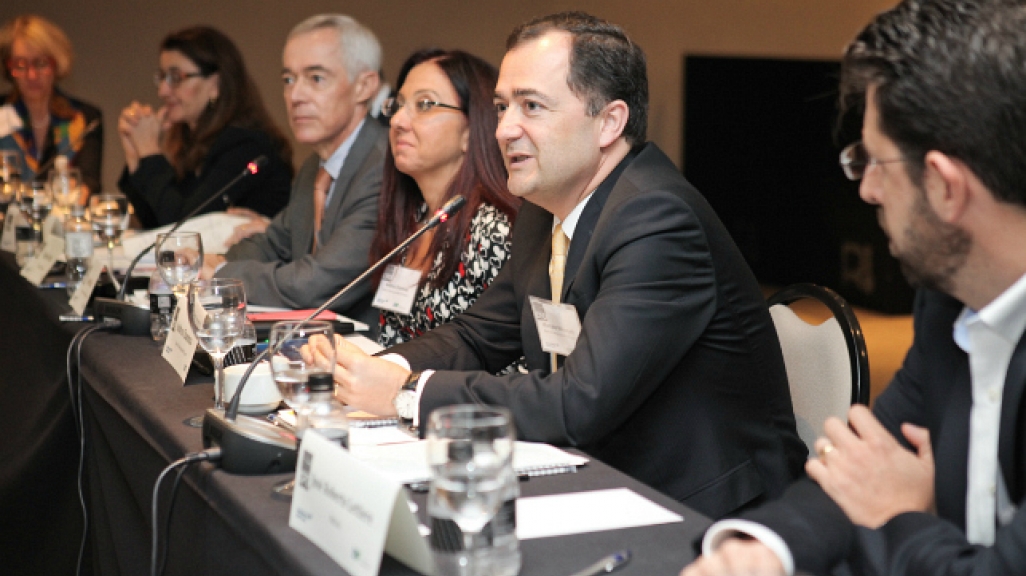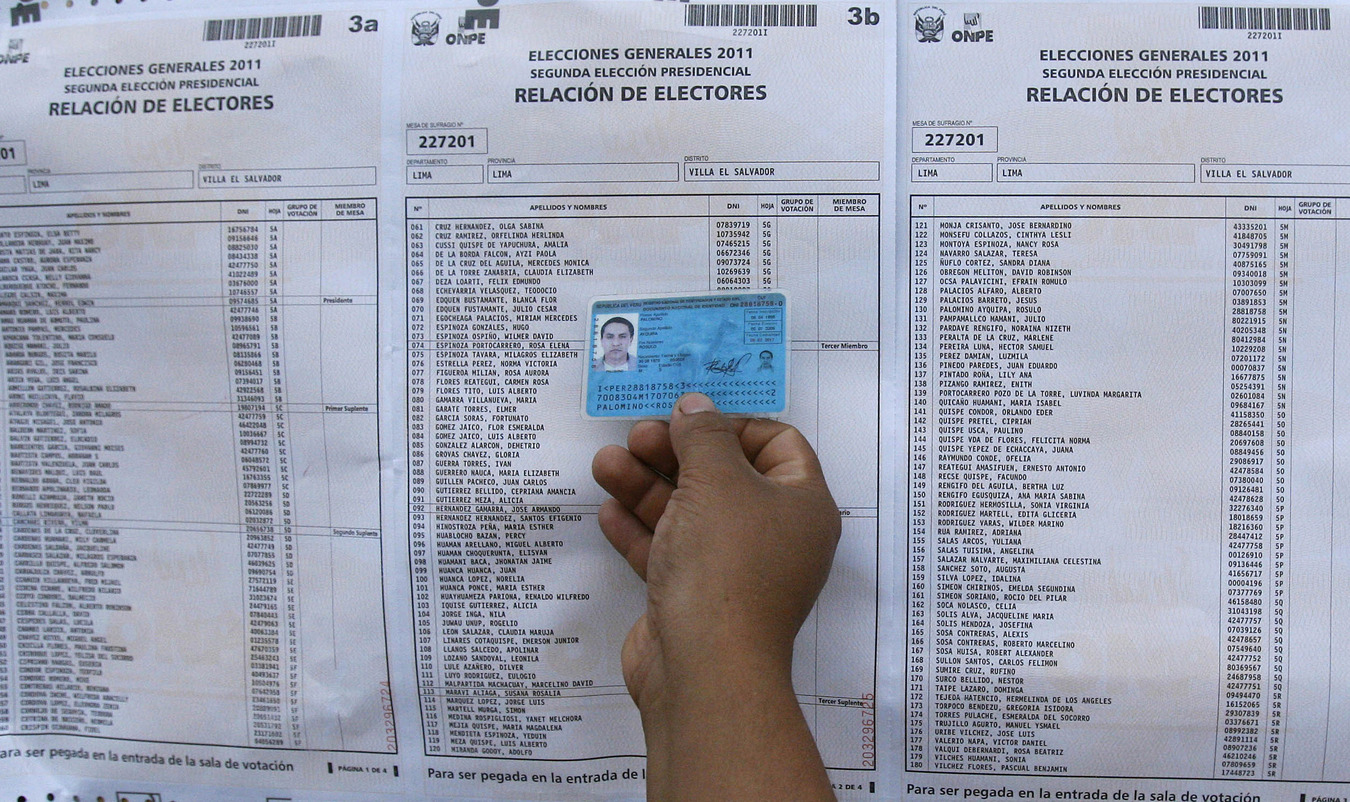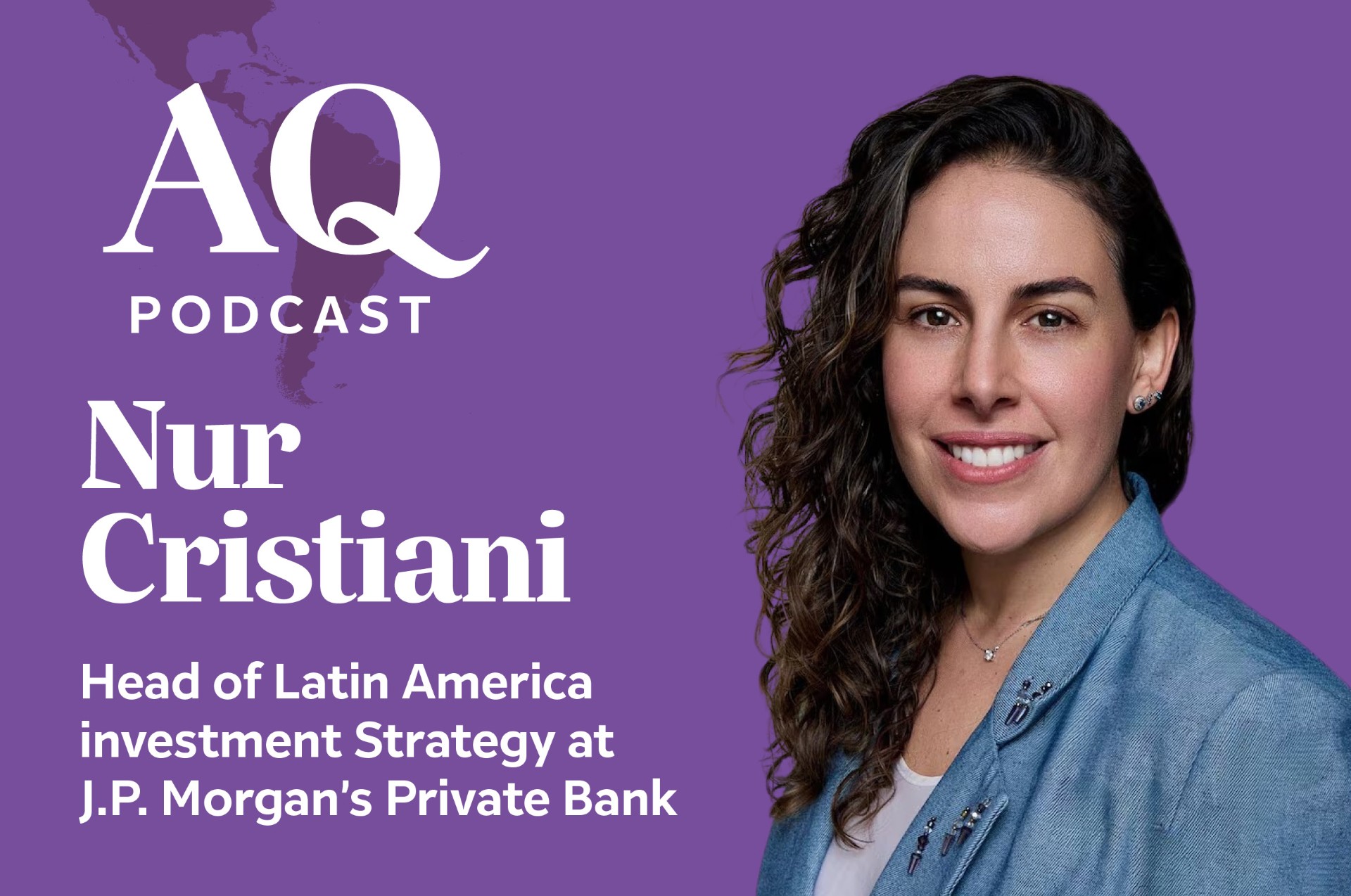Summary: CFO Forum in São Paulo
Summary: CFO Forum in São Paulo
Companies in Brazil should prepare for a rocky economic period, said CFOs and executives at COA’s CFO Forum in April.
Companies in Brazil must be prepared for an extended crisis and for the worsening of economic fundamentals. That was the view of CFOs and executives of large companies gathered at the Council of the Americas CFO São Paulo Forum on April 6.
Speakers and guests took part in discussions about the future of the Brazilian economy, best hedging practices, and on the importance of investing in people management, as well as diversity in business.
Best hedging practices
With an economic crisis and high exchange rate volatility, companies with international operations have to improve their protection mechanisms against currency fluctuations.
Sonia Fanhani, VP of Finance South America at Schneider Electric, mentioned some simple, but effective, changes her company carried out to that end. "We increased training of our commercial and engineering areas,” she said. “Now we think about the exchange rate risks from the start, from the moment we are prospecting projects and preparing offers, and not after signing contracts.”
Executive VP of Finance and Investor Relations at Natura Cosmetics José Roberto Lettiere underlined the importance of hedging transactions and the need to observe how currency volatility may influence cash generation in companies. "Every company has a level of exposure and needs to analyze how and where the exchange rate influences your life," he said.
Managing people and developing talent
Even in difficult times, companies cannot overlook the need to invest in people and in team diversity, which lead to better corporate performance. This topic should always be on the radar of CFOs, said Finance Director and Regional Controller of PerkinElmer Leonardo Gertner.
For Vice Chairwoman in Brazil of Bank of America Merrill Lynch Andrea Chamma, diversity means more business and a positive impact on a team’s performance. "Affirmative measures such as establishing a percentage of positions to be filled by women are an alternative to speed up this process," the executive said.
New CEO of Walmart Brazil Flavio Cotini, a special guest speaker at the event, also commented about the importance of developing talent. "Everyone has a talent. You just need to find it. Sometimes we dismiss someone without thinking that this person could be excellent in another role. It’s important to observe your team, to know where each one is better placed," he said.
Economic outlook
The ongoing presidential impeachment process introduces new uncertainties into economic forecasts. Bank of America Merrill Lynch’s Chief Brazil Economist & Fixed Income Strategist David Beker believes that unemployment rates will increase, reaching up to 12 percent, and that GDP will contract by 3.5 percent this year. "Even with a possible change in politics, some indicators will worsen anyway. Only a new economic agenda and major reforms could bring more confidence and be reflected in an improvement, but reforms are complicated to make,” said Beker. This opinion was shared by other executives in the event.
According to Beker, the deterioration of the Brazilian economy’s fundamentals has already occurred and this will most likely result in the loss of economic and social gains achieved in the past decade.
But there are some positive signals. As a result of the weaker labor market, inflation should slow to about 7 percent by the end of the year, down from the current 10.36 percent level. On the other hand, the country's currency will remain weak in relative terms, but will probably see greater stability from now. "The biggest weakening of emerging market currencies seems to have already passed," said Beker. Still, current exchange rate levels of 3.02 reals per U.S. dollar will help Brazilian exports.
There may also be a slowly increasing appetite for emerging market holdings. According to Beker, many investors who had their assets in dollars are reducing their positions in the currency, since the U.S. economy is not growing as much as expected.
For Victor Rico, director representative of the CAF Development Bank of Latin America, the growth of the Brazilian economy will return. “We are quite confident in the medium- and long- term prospect for Brazil. Brazil has the size, the market, the natural and human resources, a high-level private sector,” said Rico. “Once the political crisis is solved, Brazil will again move in terms of economic growth.”
Photo, left to right: Jaime Ardila (General Motors South America, retired), Andrea Chamma and Marcelo Moussalli (Bank of America Merrill Lynch).
This summary was prepared by Latin Trade.









